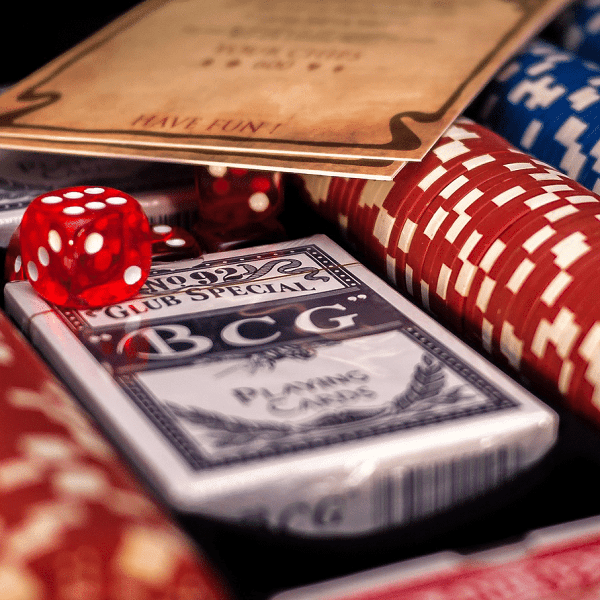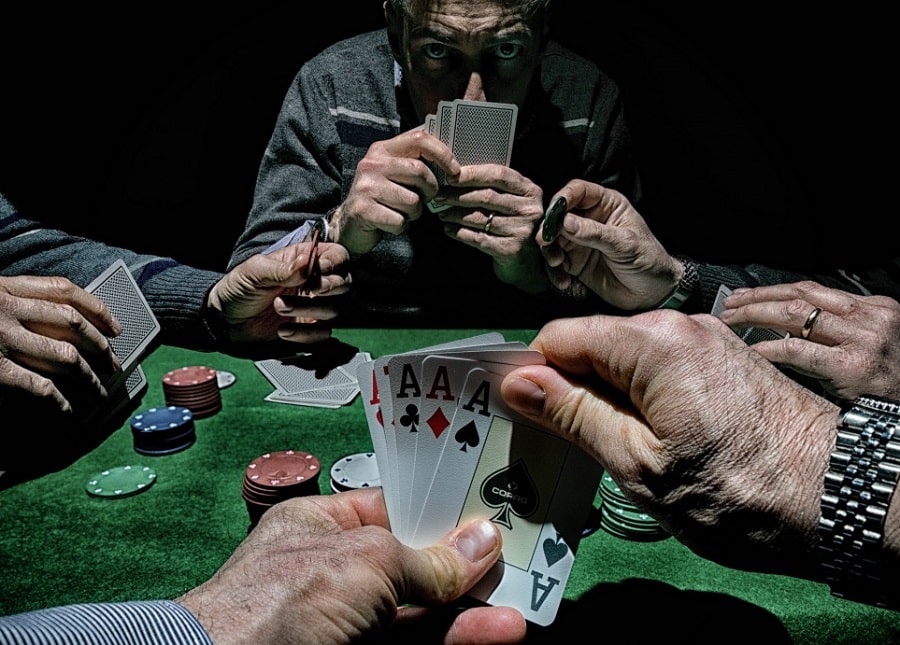
How to play poker
The most popular tournament card game in the world is poker. Lately, more and more users have flocked to online poker where dozens of tournaments with hefty prizes are being played every week. But in order to get established in the world of poker, a newcomer needs to learn the basics.
History
The game was first mentioned in the 16th century, and has been played for more than 450 years. The game originated in Europe, with players from France, Spain and Italy arguing over who invented poker. The rules of the game have been modernized over time, reaching the current standard only in the 19th century. In America, on the other hand, the game was split into several variations, some of which were named after states.
What is Poker
Poker is a card game where the player’s goal is to be the only player at the table. This can be achieved either by collecting winning combinations or by bluffing. Before the turn starts, two cards are dealt face up. Only the player knows the value of the cards. Subsequently, the dealer dealt five cards alternately, and the player must remain the only active player at the table by all means available.
Before starting to play poker, many professionals warm up by meditating, practising and deciding on their strategy for the match.
Terminology
Poker is a game with a high entry level, which makes it the most popular card tournament game. The player not only needs to memorize the combinations, but also learn a few important terms. There are up to a few hundred terms in the game, depending on the type of poker, but a few basic ones are essential in each variety:
- Bankroll – the amount of money all players have;
- Stack – The amount of chips on the table for all players;
- Buy-in – the amount of money players pay to enter a tournament;
- Blinds – The blind bet, which goes from player to player;
- Hand – The cards dealt by the Dealer;
- Starting Hand – The two cards dealt to the player;
- Pot – The amount of money on the table during a single turn.
Without understanding and learning these terms, a player should not get into poker.

The deck
Due to the several varieties of poker, completely different decks are used from game to game.
- A 36-card deck is only used in one variety. It is rarely used due to the fact that the combinations are unfamiliar to professional players.
- 52 cards – This is the most common deck, used in the vast majority of games.
- 54 cards – includes two jokers. Used very rarely.
Combinations
Another crucial detail to learn is the combinations a player can put together.
- The flush royal is the biggest combination on the table. It consists of a ten, jack, queen, king and ace of the same suit;
- Straight Flush – Five cards of the same suit, taken in turn;
- Four of a Kind – Four cards of the same rank;
- A Full House – Two cards of one rank and three cards of a different rank;
- Flush – five cards of the same suit in any order;
- Straight – five cards in order. May be multi-suit;
- Set – three cards of the same rank;
- Two Pairs – two pairs of cards of the same rank;
- Pair – two cards of the same rank;
If any of the cards on the table are the same, the one with the higher rank wins.
How do I learn to play poker?
After learning the rules, a beginner can start playing. Before you get started you should watch some tournaments, so as to understand the basic mechanics of the game. Trading is also important.
Trading
A trade is a list of terms that a player uses to make the dealer understand what the player wants to do with his pot.
- Bet – Betting;
- Call – To call the highest bid on the table;
- Raise – raising of stake by the amount of money specified by player;
- Fold – leaving a game;
- Check – skipping a turn.
Trading is one of the key aspects of the game of poker. Without good haggling skills a player runs the risk of losing the entire pot and dropping out of the game.
Mistakes
A common mistake most new players make is to take all of their deals. The player must learn to pass up completely unprofitable moves. Any money in poker is important.
Experienced players are able to spot in advance how competitors at the table behave in stalemate situations. Beginners do not have such experience, which is why they act only in accordance with their own strength and some experience they have gained during the game, which is not always correct.
It is also typical for beginners to endlessly raise their bets during the game. Professionals set their own pot and act solely on it, setting minimum and maximum bets. Beginners, on the other hand, do not have any limits.
The only way to avoid such mistakes is experience. Even the leaders of the poker market once started at the bottom and did not understand how to act in difficult moments of the game. Practice is the best approach to the world’s top card game.
